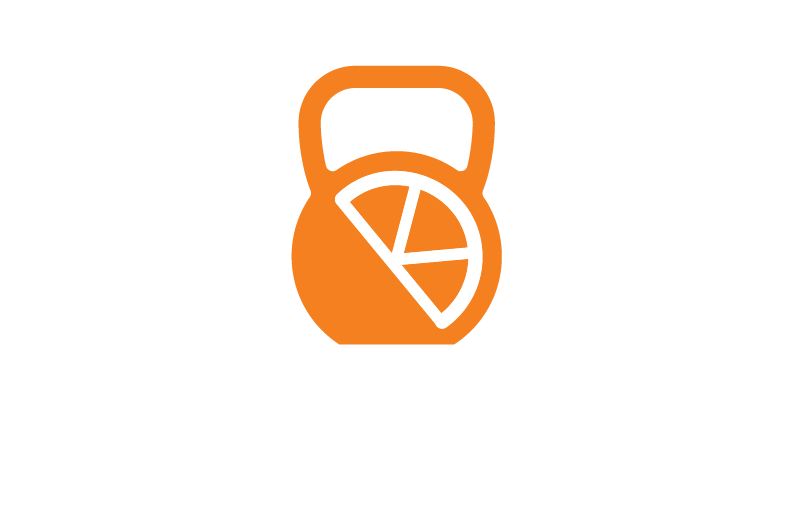
by Satzuma-Creative | Apr 2, 2023 | Training
Fartlek is a Swedish word and roughly translated means ‘speed play’. Fartlek training involves varying the intensity or speed of your run to improve your fitness and endurance. Fartlek sessions are usually performed for a minimum of 45 minutes and intensity can vary...

by Satzuma-Creative | Mar 2, 2023 | Training
A drop set is an advanced resistance training technique in which you focus on completing a set until failure — or the inability to do another repetition. Then, you lighten the load by 10–30%, and repeat, with little to no rest in between sets. WHAT ARE THE BENEFITS?...

by Satzuma-Creative | Mar 2, 2023 | Training
It’s not as complicated as you might think. Interval training is simply alternating short bursts (example 30 seconds) of intense activity with longer intervals (example 1 to 2 minutes) of less intense activity. Whether you’re a novice exerciser or you’ve been...

by Satzuma-Creative | Feb 2, 2023 | Training
Low-intensity steady-state, or LISS, is a method of cardiovascular exercise in which you do aerobic activity at a low-to-moderate intensity for a continuous, and often extended, period. “LISS” is a newer term used to describe a low-intensity style of training, but...

by Satzuma-Creative | Jan 2, 2023 | Training
HIIT involves short bursts of intense exercise alternated with low-intensity recovery periods. Interestingly, it is perhaps the most time-efficient way to exercise. Typically, a HIIT workout will range from 10 to 30 minutes in duration. Despite how short the workout...

by Satzuma-Creative | Jan 2, 2023 | Training
If you want to get a serious pump in a short period of time, this is a great way to add high volume into your workout. Take a compound exercise, add weight to about 50% of your 10RM and we are going to aim for 100 reps straight off (you will not manage this). 1 rep =...







